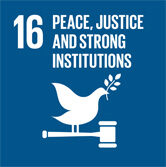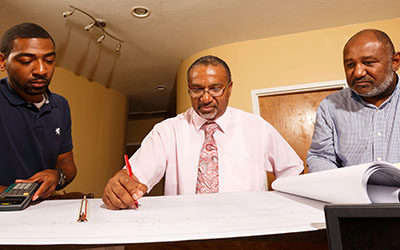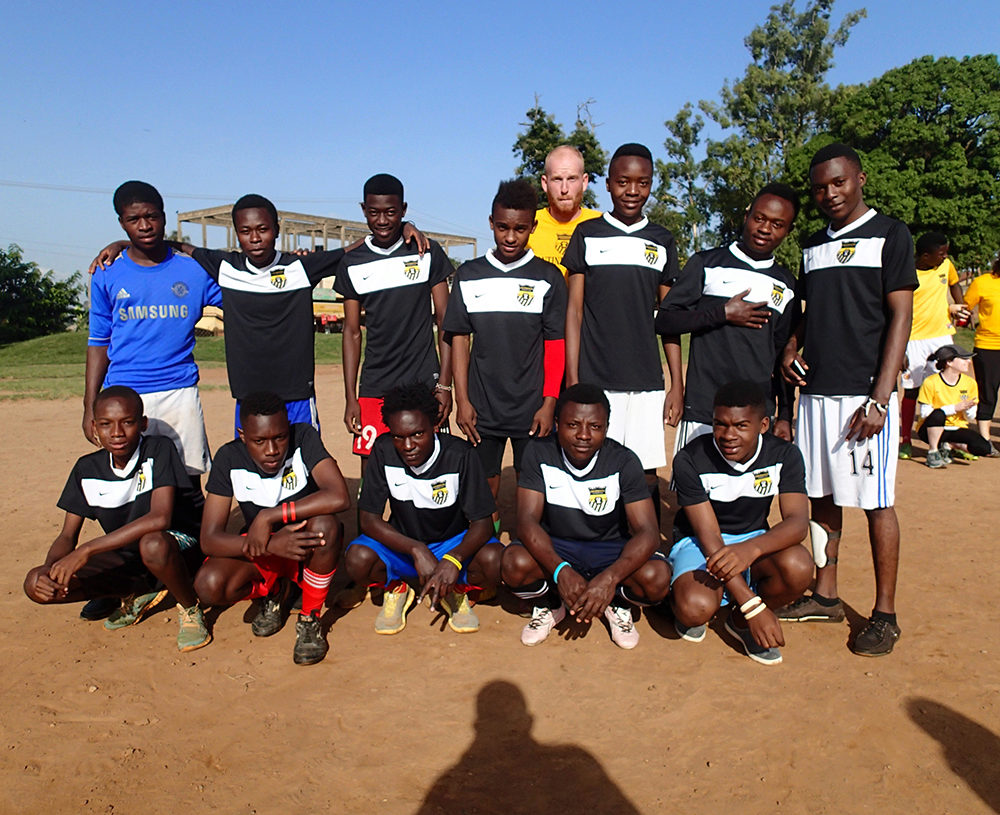
2016 Winner: Namati
Namati advances social and environmental justice by building a movement of people who know, use, and shape the law. They are dedicated to putting the power of law in the hands of people. Namati specifically works to empower individuals through grassroots legal advocacy to secure 1) community rights to land and environment (protecting farms, forests, pastures, rivers, lakes, coasts), 2) access to decent healthcare, and 3) citizenship rights (securing official legal entity documents and proof of nationality). To achieve these goals, Namati focuses on fostering the abilities of paralegals to deliver quality services at the frontlines of communities wrought with legal disparity, by building a global network of advocates, tracking data and research, and imposing large-scale reform through grassroots campaigns.

Primary Area of Impact: Social Justice, Poverty Alleviation
Geographic Areas (Continents): Africa, Asia, North America
Geographic Areas (Countries): Kenya, Mozambique, India, Myanmar, Sierra Leone, United States
Year Founded: 2011
Website: www.namati.org
Namati envisions a world where the power of law resides in the hands of people.
Social Challenge
Over 5 billion people do not have access to legal institutions that are meant to ensure fairness and protect human rights. One billion people lack legal identity, and for one in three children below the age of five, this is a result of their birth not being registered. More than two billion are employed in the informal sector and the same number lack proof of housing or land tenure, making them vulnerable to exploitation. Farmers in Sierra Leone and Myanmar are unlawfully driven from their land due to corrupt land sales by government officials. Marginalized communities in Kenya are denied their identification cards – their ticket to essential services like primary healthcare and education – through an illegal vetting system. Women in Mozambique are abused during pregnancy and childbirth, without a means to seek justice despite the Government’s stated commitment to quality and respectful healthcare services for all.
UN Sustainable Development Goals (SDGs)
Leadership
Namati is building a global movement of grassroots legal advocates who work with communities in crisis-stricken areas to advance justice. They have established the world’s first global network, the Legal Empowerment Network, dedicated to bringing justice everywhere. Their practitioners are solving problems on the front lines to ensure that people can protect their land, access essential services, and take part in the decisions that govern their lives. They have successfully demonstrated how legal empowerment and community paralegals can advance justice in diverse settings and are using those methods to achieve transformative impact in six countries focusing on three major issues: land and environmental justice, citizenship, and health. Namati collects data rigorously on every case to provide a powerful picture of how laws are working in practice – information that often no one else has. They use that information to pave the way in translating grassroots experience into systemic change.
Impact
Namati measures impact using three key metrics:
- Are paralegals and their clients achieving concrete solutions to major justice challenges?
- Are civil society organizations improving and expanding their work based on learning from Namati or from other members of their network?
- Is Namati achieving positive large-scale policy changes based on their grassroots experience?
Namati’s paralegals rigorously track data on every case and organize and analyze their data to continuously improve their work to advance justice and democratize law. Namati has achieved several systemic change wins, in addition to their case work. For example, the Mozambique Ministry of Health incorporated Namati’s recommendations into a new national strategy for addressing bribery in health facilities, the first of its kind. In India, Namati used its case data to advocate for changes to the country’s regulatory framework on sand mining. In Myanmar, Namati successfully advocated for a new amendment to a land law that gives farmers priority.
Through the Legal Empowerment Network, Namati fosters learning among network members and act collectively to advance justice globally. By the end of 2021, over 11,000 individuals in 170 countries, representing over 2,800 civil society organizations, had joined the network.
Innovation
As the first and only international group dedicated to growing a robust, evidence-based, global field around community paralegals, legal empowerment, and primary justice services, Namati is determined to grow a network of practitioners who can take these innovations to scale. Unlike other approaches, Namati focuses on fostering the abilities of paralegals to deliver quality services at the frontlines of communities wrought with legal disparity, by building a global network of advocates, tracking data and research, and imposing large-scale reform through grassroots campaigns. Paralegals are trained in basic law and professional skills, like mediation, organizing, education, and advocacy, with the mentality of democratizing the law and making it accessible to everyday people. Few organizations are empowering the people firsthand through community advocates on such a broad scale, like Namati does, which makes its unique approach stand out from the rest.
Transferability
From the start, collaboration has been a central strategic and cultural priority for Namati. In their grassroots implementation work, they collaborate with partner organizations that bring local knowledge and legitimacy. Their cultural principle of empowerment shapes how they align with local partners – through cooperative partnerships rather than top-down arrangements. Namati recognizes that each side brings expertise and knowledge and they aim to co-design programs together. Equally as important, their grassroots implementation efforts are all designed to contribute to the rigor, capacity, and visibility of injustices in areas of basic human rights. Each program team works to document and disseminate information about their work, so that the thousands of members of their Legal Empowerment Network can benefit from their efforts, and vice versa. Namati is aiming for an outsize impact: not by scaling their direct work to new places, but rather through transformative systemic change in select countries and building a global movement for justice.
Accomplishments
- Namati Kenya received the 2021 Global Pluralism Award from the Global Centre for Pluralism
- Selected as one of ten visionary finalists for the Kellogg Foundation’s $90M Racial Equity 2030 Challenge, 2021
- Vivek Maru & Sonkita Conteh, Namati’s Co-Founders, named Schwab Foundation’s Social Entrepreneurs of the Year, 2017
- Skoll Foundation Award for Social Entrepreneurship, 2016
- CEO Vivek Maru named American Bar Association’s Legal Rebel, 2015
- CEO Vivek Maru selected as an Ashoka Fellow, with the Board of Ashoka calling Namati “the best law-for-all program [they’ve] seen”, 2014
- Received a rare “A+” rating by the Department for International Development, 2014
- Recipient of the Humanization Award from the Mozambique Ministry of Health, 2013






